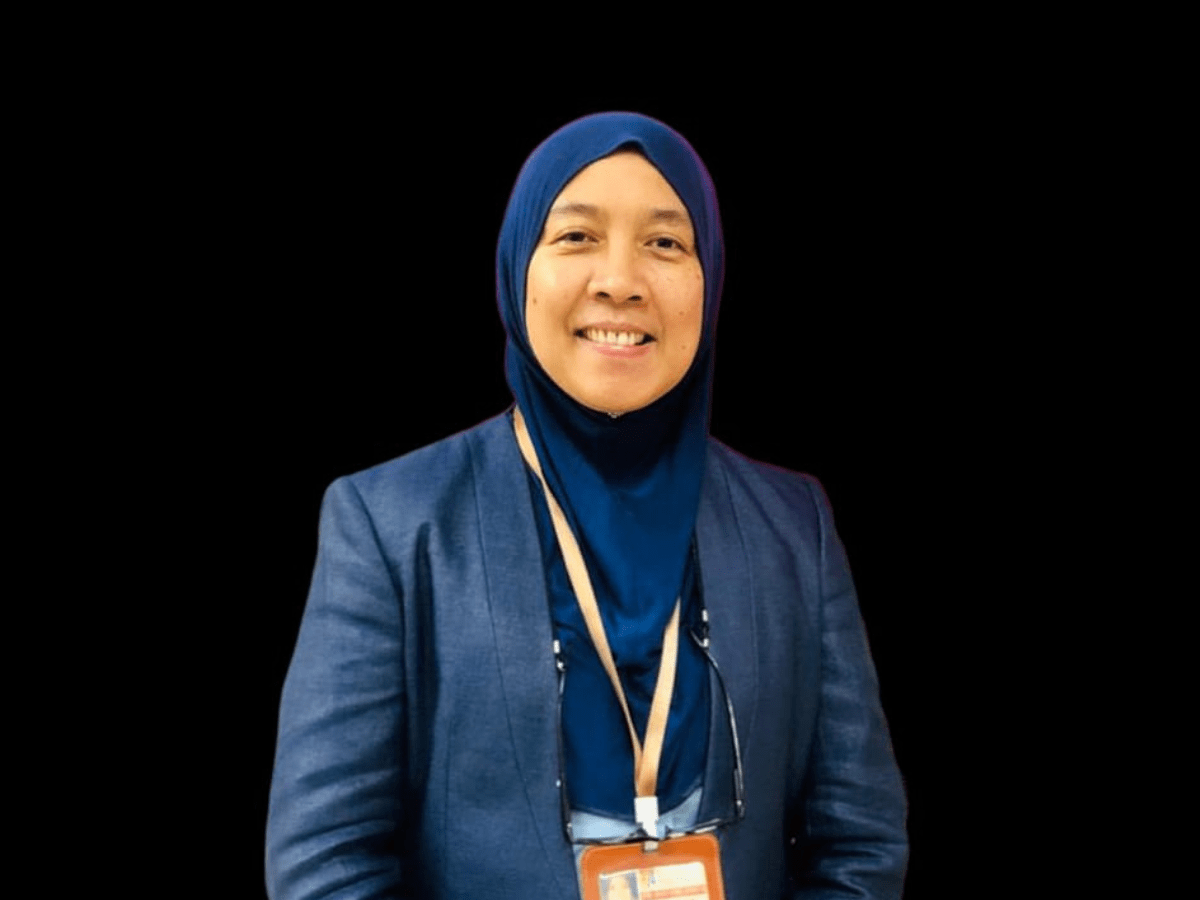I wish to further clarify that the parallel pathway is not the self-driven exercise we senior surgeons and physicians went through.
I was certainly not a product of this parallel programme which was introduced in 2014 by the Ministry of Health (MOH).
What I went through was ancient practice, self-driven, self-funded, assisted by few, and should never be repeated. Whilst the old way worked for us then, it was hard and not structured.
We all should strive to give the best training for our current and future budding specialists.
If we use historical records, we don’t even need to change the government.
Here are some documents from the MOH website. In Lampiran A are the list of programmes that MOH called their parallel programmes. As you can see, Cardiothoracic is just one of them.
The revised Medical Act 1971 occurred in 2012. Why MOH itself is not compliant to the Act must be addressed. I stand by my earlier comments.
Amending the law will perpetuate the differences. Ultimately, are we sure the graduates of these parallel programmes are really safe to be given licence to be independent specialists? Because that’s what entrance into the National Specialist Register (NSR) is all about.
To go on daily practice, they do not need to be in NSR, they need valid APC plus appropriate credentialing and privileging from the institutions they are serving. They can do this until the exercise to look into their qualifications are completed.
Once these specialists are in the NSR, we are giving them licence to practice everywhere, not just in MOH hospitals. We should seriously look at how this will impact patient care and safety.
If the training programmes in the parallel pathway are at par with the local postgraduate programmes run by the Universities, the associations and providers involved should have submitted their programmes for approval first and get themselves registered as legitimate providers according to the law. But they didn’t.
The parallel pathway offers international qualifications, but training is done by Malaysians in MOH centres. All the more reasons to comply with existing Malaysian law.
Amending the Medical Act to ease the entrance of graduates of this programme into NSR is a huge mistake.
Understandably, education is a lucrative business, but we must follow the law. Ultimately, quality over quantity must be the prime outcome.
If we want to help trainees and graduates of parallel pathway programmes, we need to address doubts about the quality of the training they received and how safe they are to be given licence to practice independently.
Transfer them to a legal registered system that allows reassessment and training by true legitimate experts.
Lastly, I will not call our colleagues in the Malaysian Medical Council (MMC) as little Napoleons because they are upholding the law.
Dr Dayang Anita Abdul Aziz is a senior consultant paediatric surgeon who retired as a Professor of Paediatric Surgery from Universiti Kebangsaan Malaysia (UKM).
- This is the personal opinion of the writer or publication and does not necessarily represent the views of CodeBlue.




